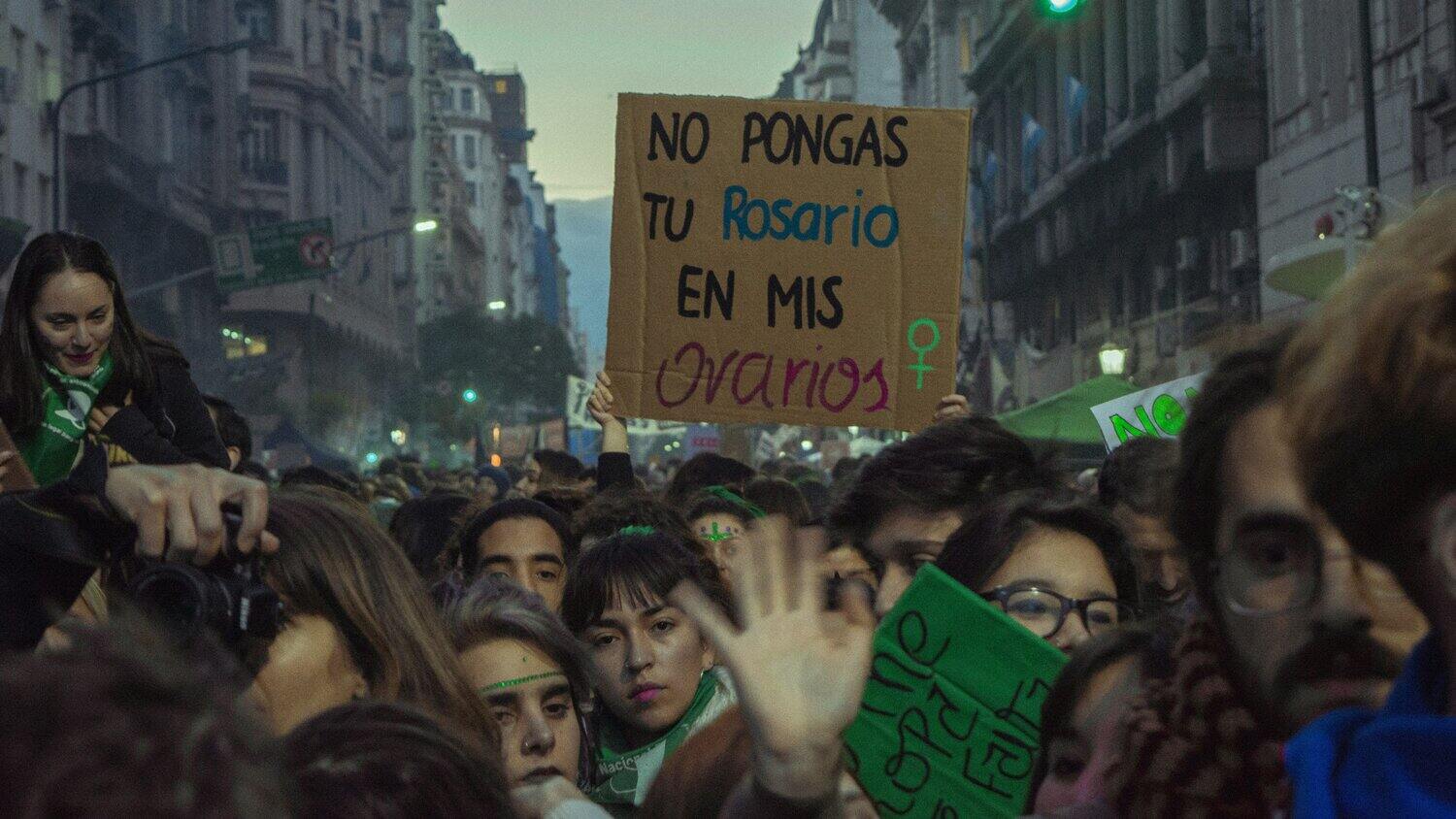
Who Knows About Ethical Research?: Reflections on Research Ethics and Vulnerability in Abortion Research
People who have abortions are often thought of as inherently vulnerable. When retold without nuance, this narrative can be harmful to abortion-seekers, as well as to reproductive autonomy more broadly, since it reinforces negative stereotypes about abortion and abortion-seekers. Changing affective paradigms around abortion has been a key concern for feminist activists around the world. In fact, a significant part of my ongoing PhD research on pharmaceutical abortion, healthcare access, and feminist activism in Argentina is concerned with how and why feminist activists seek to disrupt the social perception of abortion as intrinsically being a certain kind of experience—tragic, shameful, vulnerable, to give just a few pointers. While preparing for my data collection, I was struck by the discrepancy between how feminist activists who accompany abortions conceptualise the agency of (potentially) vulnerable abortion-seekers and my UK university’s research ethics committee’s approach to it. Especially given my own positionality as a non-Argentine PhD student, this prompted me to reflect on the challenges of navigating this divide when researching feminist activism and self-managed abortion. To this end, I unpack some of my reflections while trying to balance my duty of care for potentially vulnerable participants with respect for their agency. Striking this balance can be especially complicated when the understandings of both risk and ethical practice diverge between ethics committees, who—to a certain extent have to—adopt a universalist approach, and feminist practitioners holding contextually specific expertise on the subject, while also frequently working with different definitions of care. This divergence is even more pertinent in the case of abortion, an experience steeped in assumptions based on moralised and medicalised social and political discourses. Throughout my research process, I have understood refusing to reproduce such paternalistic discourses as essential to doing ethical research, alongside attending to potential vulnerabilities. (read more...)
